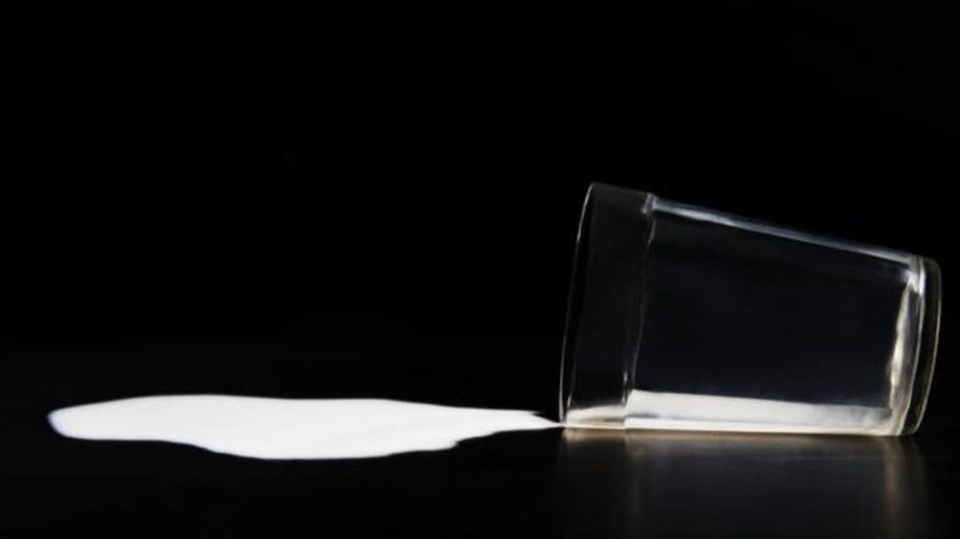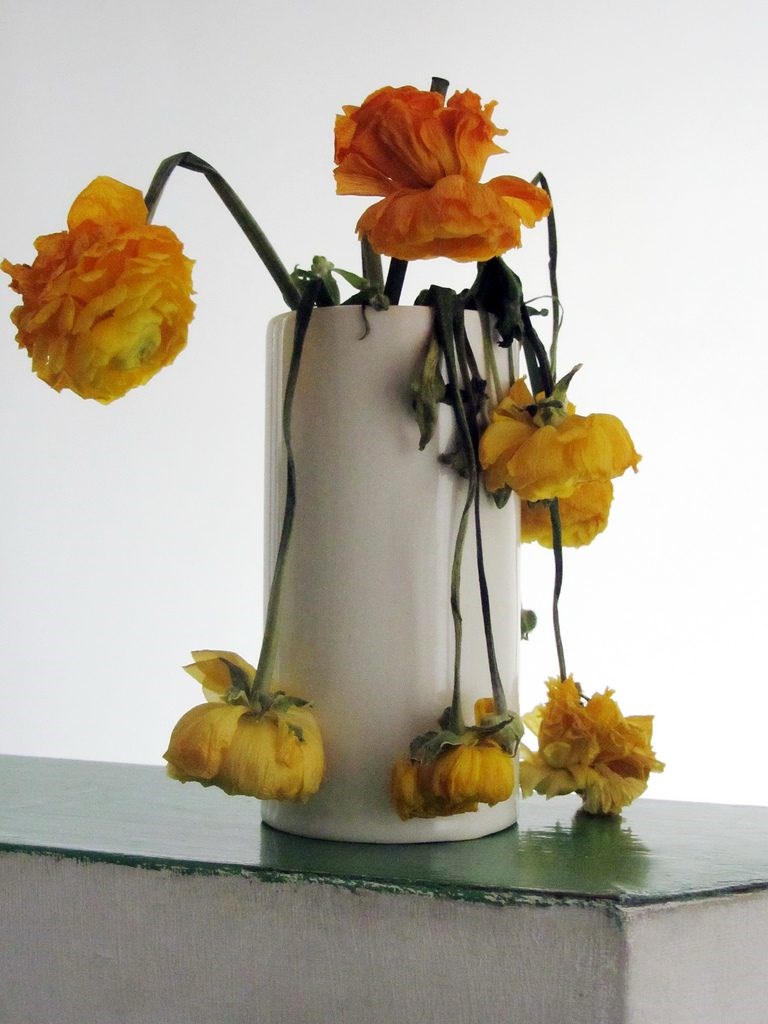"The Art of Seeing" by Michael Milton

CREAM
There is a date
sealed in wax;
'Expiration.'
Slowly, cream turns
and, ignored,
produces a combustion
that can rip apart its slick-paper confines.
THAT would seem to me to be
the true expiration date.
Cream changes.
And I am impatient with myself
for having lost track of time,
too tired to deal with
the yellowed lumps and curdles
dripping from the counter onto my kitchen floor.
~mm
Greek philosopher Epicurus wrote, "The art of living well and the art of dying well are one."
I never considered the possibility of art in death, only in living.
I recently became a member of the New York Zen Center for Contemplative Care. (Yes, I know it's a mouthful!) I was made aware of the Center's existence earlier this year while caring for a friend who was receiving chemotherapy at a local NYC hospital.

He was visited one afternoon by an unassuming woman who asked if she might sit with us. I was unsure of her "official" capacity. I bristled. I always bristle if I think someone might be about to launch into any program of proselytizing. Yet, she had no program up her sleeve, other than to offer my friend her serene and empathetic presence; "Is there anything you would like to talk about?" she asked. Or, "May I get you water?" "Have you seen your doctor today?" "Can I help you to the bathroom?"
My inner porcupine gradually gave way to a grudging appreciation of her singular dignity and the sense of absolute rightness that she be there with us. I even stopped competing with her (a competition happening only in MY mind!) to be the one to open the door to the loo for my friend.
Come to discover, she had been a part of intensive studies taught at NYZCCC, where Zen Buddhist monks Koshin Paley Ellison and Robt. Chodo Campbell teach mindful, compassionate and artful ways of 'being' with the sick and dying. Here was Buddha's 2600 year old practice—with its focus on suffering, old age, sickness and death—put into action in the 21st century.
Koshin and Chodo teach once a year at Maimonides Hospital to the new residents and are frequently called to the bedsides of the ailing throughout our borough, bringing grace and light to the final moments of our neighbors' lives.

As Havelock Ellis says, "The art of living is a fine mingling of letting go and holding on." Perhaps the same could be said of the art of dying.
For the most part, I tend to ignore the oh-so-human truth that I have my own appointment in Samarra at some juncture; death waits patiently for us all, and yet, how many of us are genuinely surprised when illness and/or old age begin to make their in-roads in our lives? The word impermanence is the very core of the Buddha's teachings. To reduce our suffering is to see the transient nature of what we cling to.
In a wonderful piece I read recently about Buddhism and grief, writer Steven Schwartzman says, "...Could I not see that I subtly controled (the idea of) 'impermanence?'" That it was as if deep down I was exempt--only toying with the idea of impermanence--reflecting on it from a place of imagined immunity.'
We are exhorted to Be here now; Be in the moment; Be present; Be mindful. With all of this attention on "now," I wonder if there is a way for us to honor both ends of the ever diminishing gap between "now" and the inevitable "end," and to strive to do both in an artful way?
I don't know. Yet, I do ponder this question.
And maybe the pondering is as "artful" as it gets.



